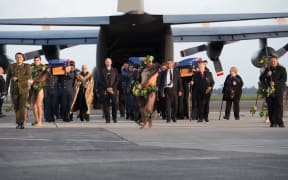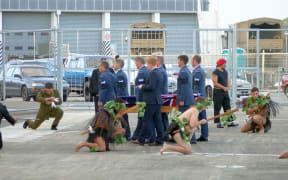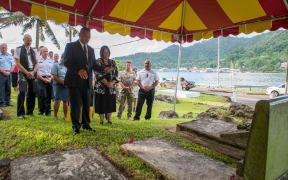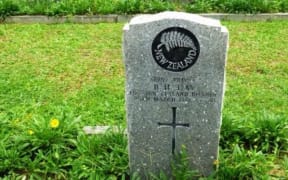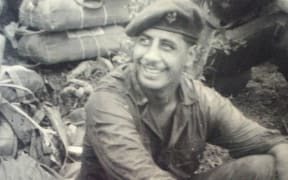A Rangitukia family's 60 year-long battle for the remains of a New Zealand soldier to return home will come to an end next week.
Twenty-eight defence force personnel, who died while serving in Malaysia, Thailand, Vietnam and Singapore will return to their families at a ceremony in Auckland on 21 August.
Among them will be the son of legendary All Black full-back, George Nepia, whose eldest child, also named George, died in Singapore while serving with the Fijian Battalion in 1954.
He was buried there at Kranji Military Cemetery, more than 5000 miles from his New Zealand homeland in the small settlement of Rangitukia, just south of East Cape.
The Nepia family tried many times to have his remains return home.
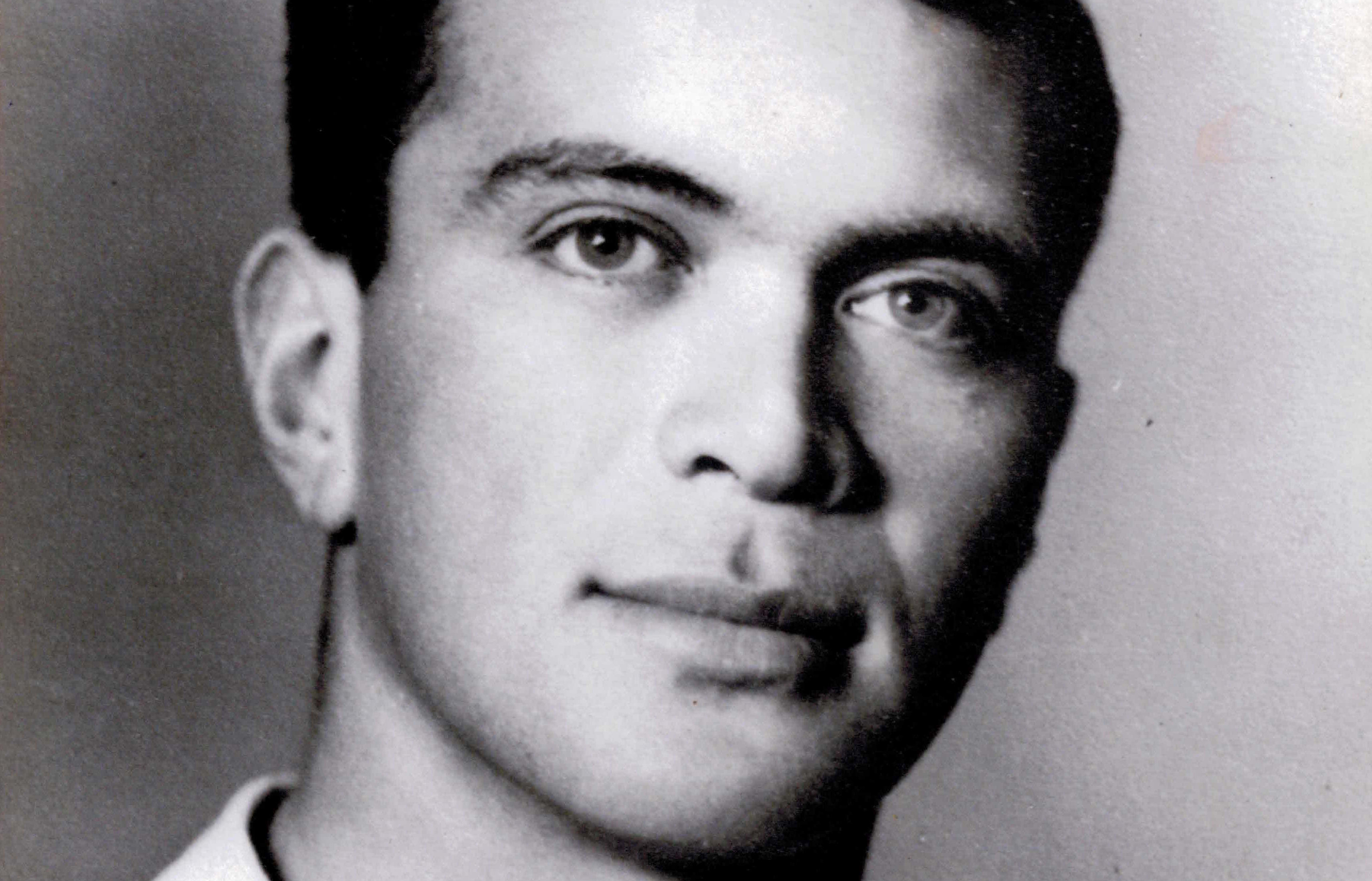
Sergeant George Nepia Jnr. Photo: Supplied
Oma Nepia, George's younger brother, wrote letters to the defence force, pleading for his return. His mother and famous father had done so too, but their efforts were to no avail.
Oma's son, also named George, said not being able to bury his uncle on his tūrangawaewae, where he belonged, was devastating for his family and especially his father.
"I can't," he said through tears, "I can't explain how hard it's been on our family.
"Having that 60 years or so of not having him here was always an issue for my dad and definitely many tears were shed by my grandfather and my grandmother with the fact that he never came back.
"[My dad] didn't deal with it very well at all. Every time you brought it up he would get quite teary. You could tell it was something that really affected him... that was his best friend."
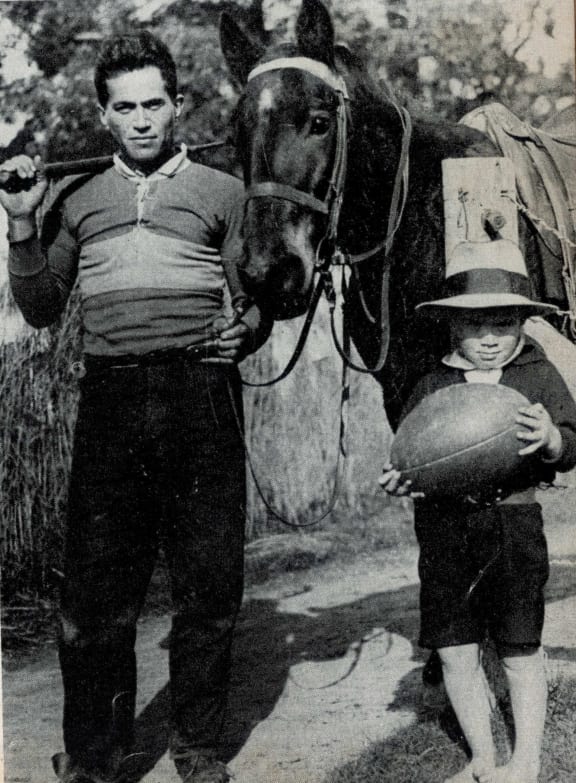
George Nepia Snr with George Nepia Jnr. Photo: Supplied
Between 1899 and 1955, government policy for service personnel who died overseas was that they should be buried close to where they died and not be repatriated to New Zealand.
But between 1955 and 1971 personnel could be brought home at the expense of their family.
That wasn't an option for the Nepia whānau.
In April 2017, government policy changed again, this time enabling the repatriation of Service personnel buried abroad since 1 January 1955, at the expense of the public.
'It's a miracle that this is happening'
When Judy Nepia, wife of Oma, was told the remains of her brother in-law would return home this year, she cried.
"I was elated because before my husband died he said to me, Jude, just remember try and do something to bring him home, and I thought, how can I do that?
"It's a miracle that this is happening now because for so long Oma tried and he struck a brick wall each time and it just didn't happen. I just can't put into words how I feel about it, and it's taken a load off my shoulders because that was Oma's last dying wish to get his brother back home."
George Nepia, the soldier, was remembered as a pillar in the Nepia whānau and his community.
He was the head prefect at Gisborne Boys' High School, and received the Dux Award at the age of 16. He also inherited his father's love for rugby, and was a fine player in his teens.
His nephew George said his memory lived on in the stories his father told.
"George was a comical character that my dad would talk about from time to time with a lot of fondness, the things they used to get up to when they were boys were just hilarious.
"There were moments of stories that dad would tell us that would just have you in fits of laughter, because uncle George was a real character, he was the life of the party and the family."
George Nepia's family intend to bury him in Rangitukia, near their family farm.

